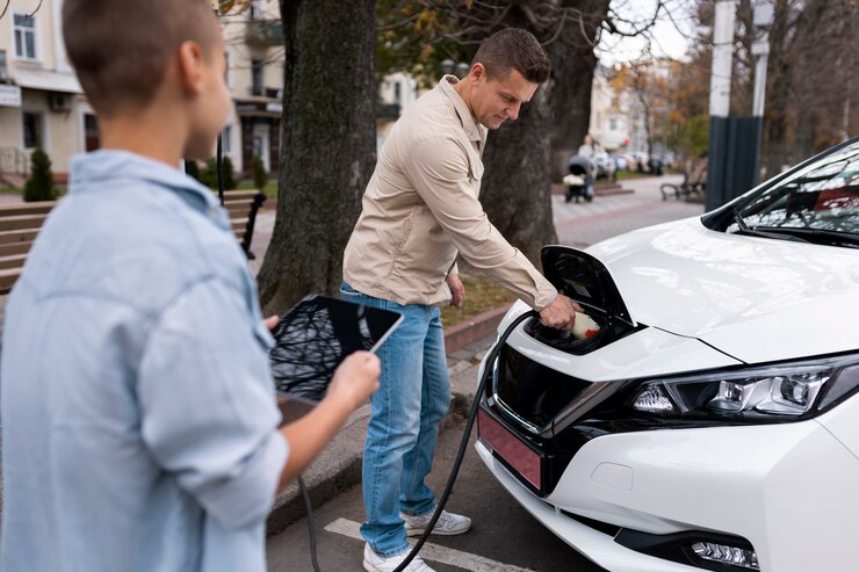Electric vehicles (EVs) are buzzing with excitement, promising a cleaner, quieter future on the road. But for many potential buyers, a lingering question remains: How long do EV batteries actually last? This concern is understandable, given the crucial role the battery plays in range and overall performance. Fret not, eco-conscious drivers, for this blog dives deep into the lifespan of EV batteries, separating myths from facts and revealing the exciting reality.
Busting the Myths:
- EV batteries degrade quickly and need constant replacement: This is largely untrue. Modern lithium-ion batteries used in EVs are designed for long lifespans. Industry estimates suggest they can last 10-20 years, or 100,000-200,000 miles, with advancements promising even better longevity.
- EVs become useless with a degraded battery: Even with some degradation, most batteries retain enough capacity for daily commutes. Additionally, battery replacements are becoming more affordable, and technologies like second-life applications are emerging for used batteries.
- Extreme temperatures kill EV batteries: While extreme heat and cold can accelerate degradation, most EVs have thermal management systems to mitigate this. Additionally, following charging practices recommended by your manufacturer can further minimize the impact.
The Reality of EV Battery Lifespan:
Several factors influence how long an EV battery lasts:
- Battery chemistry: Lithium-ion batteries are the current standard, but newer technologies like solid-state batteries promise even longer lifespans.
- Usage patterns: Frequent fast charging, deep discharges, and extreme temperatures can accelerate degradation. Conversely, moderate charging, maintaining a healthy charge level, and parking in moderate temperatures can extend battery life.
- Manufacturer and model: Different manufacturers use varying battery chemistries and designs, impacting lifespan. Researching specific models and their warranties is crucial.
What the Experts Say:
- The U.S. Department of Energy: Estimates a lifespan of 12-15 years in moderate climates, potentially outlasting the car itself.
- J.D. Power: Reports a general lifespan of 10-20 years, with some manufacturers offering longer warranties (e.g., Hyundai’s lifetime warranty).
- EVBox: Projects a lifespan of 100,000-200,000 miles for current batteries, with advancements promising even better longevity.
Maximizing Your EV Battery’s Lifespan:
Here are some tips to keep your EV battery healthy:
- Follow manufacturer’s charging recommendations: Avoid frequent fast charging and aim for slower, overnight charging whenever possible.
- Maintain a moderate charge level: Don’t let the battery completely drain or stay fully charged for extended periods.
- Park in moderate temperatures: Extreme heat and cold can stress the battery.
- Regularly check the battery health: Most EVs have diagnostic tools to monitor battery health.
- Consider aftermarket battery warranties: These can provide additional peace of mind and coverage beyond the manufacturer’s warranty.
The Future is Bright:
Battery technology is rapidly evolving, with advancements in chemistry, design, and thermal management promising even longer lifespans and faster charging times. Additionally, research into second-life applications for used batteries is opening up exciting possibilities for repurposing them in stationary energy storage or other applications.
Conclusion:
While battery degradation is inevitable, the reality is that modern EV batteries are designed for long lifespans, exceeding the needs of most drivers. With proper care and advancements in technology, EVs are poised to offer a sustainable and reliable transportation solution for years to come. So, ditch the range anxiety and embrace the exciting future of electric mobility!

